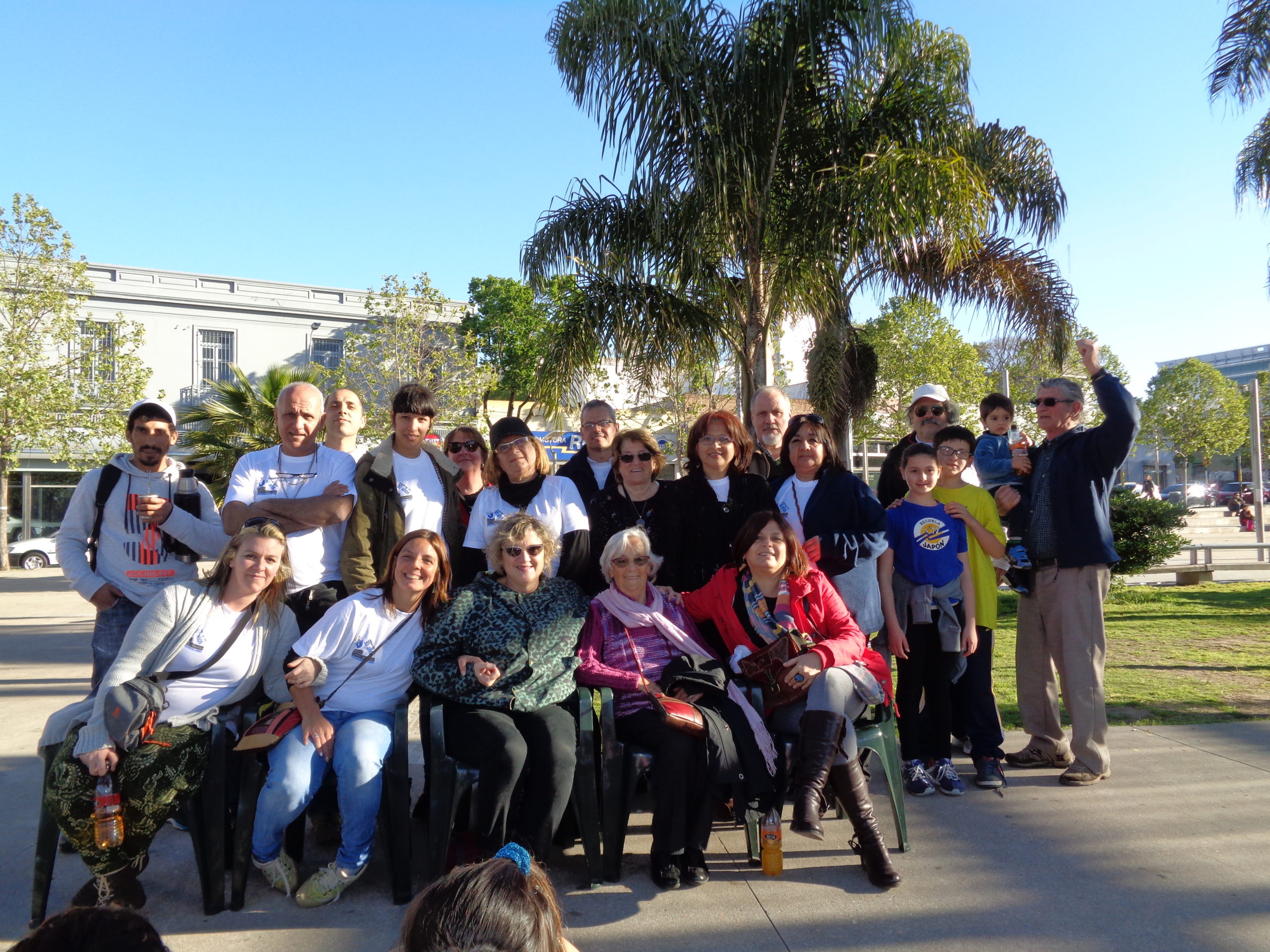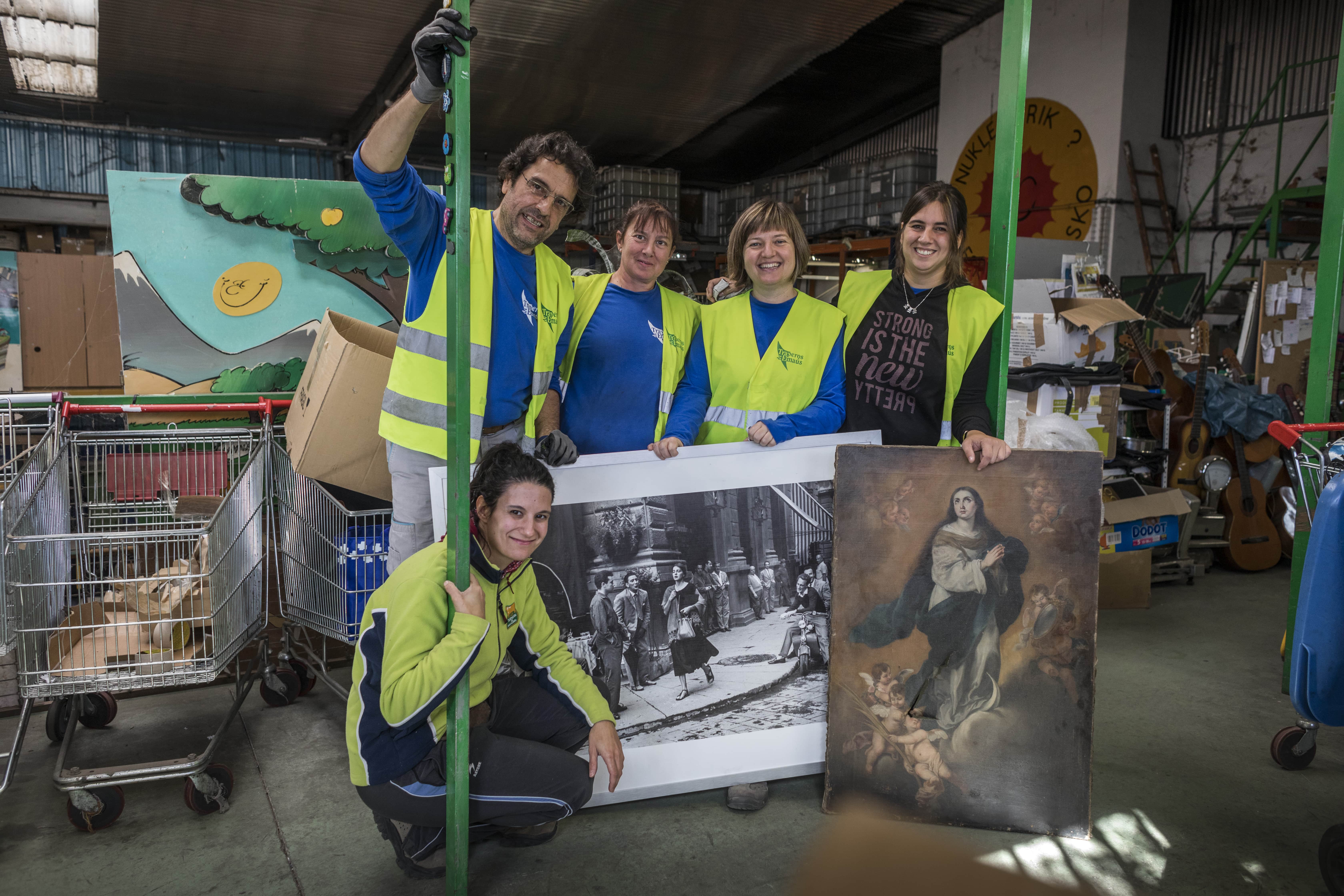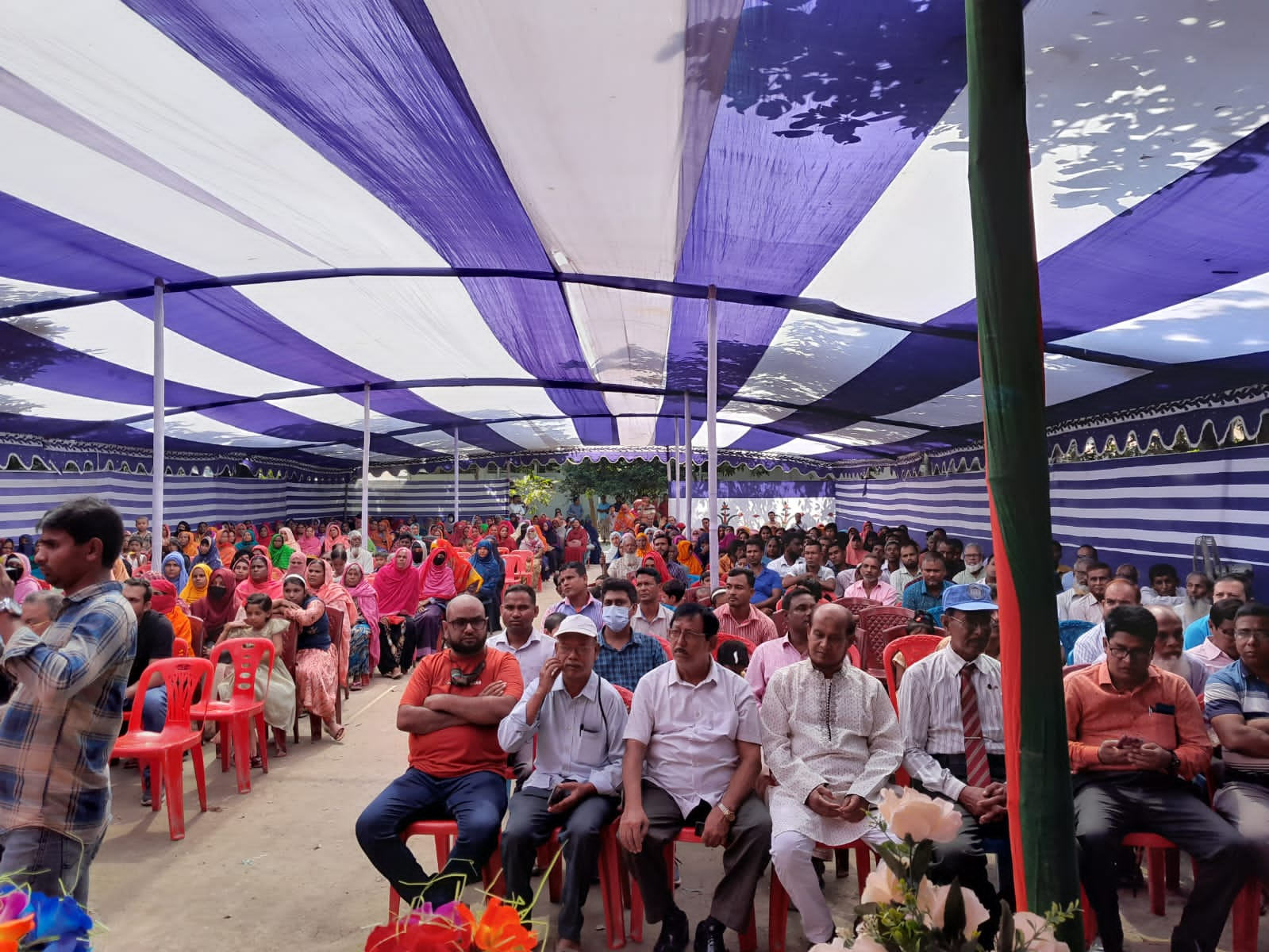Grupo Aportes de Emmaus Uruguay's training workshops to help women develop their skills and gain self-confidence

For 21 years, Grupo Aportes de Emmaus Uruguay has been running training workshops on the reuse and manufacture of clothing and other items to enable mainly women and teenage girls to develop their skills and help them overcome their social vulnerability. Margarita Mariño and Lucía Puig, members of Grupo Aportes, explain these actions in more detail.
The training workshops
Since 2000, Emmaus Grupo Aportes has been running training workshops on the treatment and reuse of clothing to make new garments and accessories, such as handbags, wallets, purses, etc.
These workshops are aimed at human development and capacity building. They seek to develop a strategy which turns this training into a source of income among vulnerable sectors. The group works with citizens and collective organisations that are aware of the impact of urban solid waste and their own capacity to seek and create solutions.
We mostly work with women and teenagers. These women, who are almost all heads of household with dependent children and low educational qualifications, are the helpless victims of an unfair system which does not give precedence to life and justice.
The workshops have become a space for elaborating these strategies and rebuilding self-esteem, transforming the women into citizens, capable of changing their world and the relationships between men and women.
Our primary aim has always been to equip these women with dressmaking skills so they are able to overcome their social vulnerability. They are trained to make clothes and on how to integrate the economic and organisational environment of trade fairs, on responsible consumption and the solidarity economy (now known as the circular economy).
We also support self-management, cooperation and the sustainability of these ventures.
Women are not drawn to the solidarity economy as an ideological choice, but as part of the construction of survival strategies for themselves and their families. They face the challenge of finding resources for their survival on a daily basis, coupled with their disqualification by an entire system that tells them that, as poor women, they are not capable of supporting themselves. A large number of the women who have attended the workshops over the last 20 years continue to visit the group, seeking material resources for their enterprises.
Over the last few years, we have shared our headquarters with Area Family Care Teams (AFCT) of local organisations, made up of different professionals, allowing us to offer a multidisciplinary approach: psychologists, social workers and social educators who work in line with our objectives, developing the following projects within the group’s facilities:
“Huertamiga” [garden friend] and “prendamiga” [garment friend]
The “Huertamiga” project is intended to be another aspect of the Family Care Team’s work on a daily basis, providing support for all family members.
Working in the garden helps people to develop new manual skills or to preserve existing ones, to strengthen their sense of their surroundings, stimulating communication and interpersonal relationships, and improving self-esteem and empowerment.
The choice of the name “prendamiga ” is expected to reflect the rationale of the project. The choice of textile garments to be reused, recovered and/or recycled depends on how feasibly these garments can be used by the beneficiaries.
“Prendamiga” aims to be a bridge between need and dignified employment.
International Women’s Day
For the last six years, Grupo Aportes has participated in the march on International Women’s Day. Alongside many organisations and women on the ground, this is a way to make visible the essential need for a gender-equal society. Promoting the empowerment of women, defending their rights to be and exist without “obeying” the dictates of a patriarchal society.
The issue of gender equality is increasingly being “put on the table”: what it means, how we see it, how we can change these socially and culturally constructed ideas of the role of women and men in society. Emmaus cannot be left out of this struggle.
Margarita Mariño and Lucía Puig
Members of Grupo Aportes

